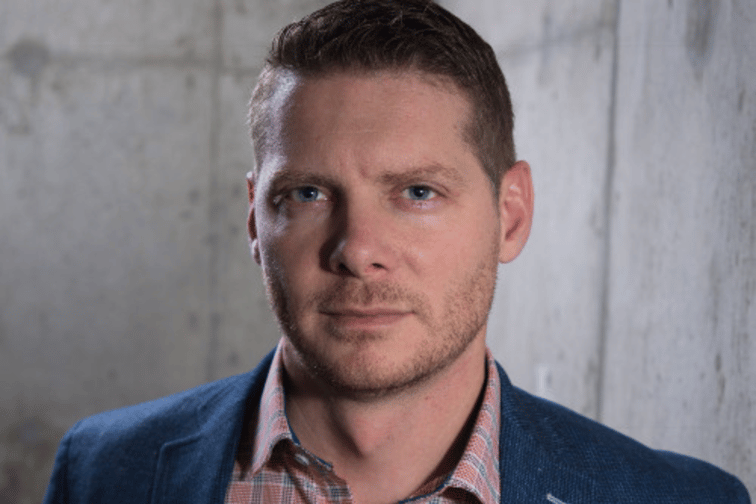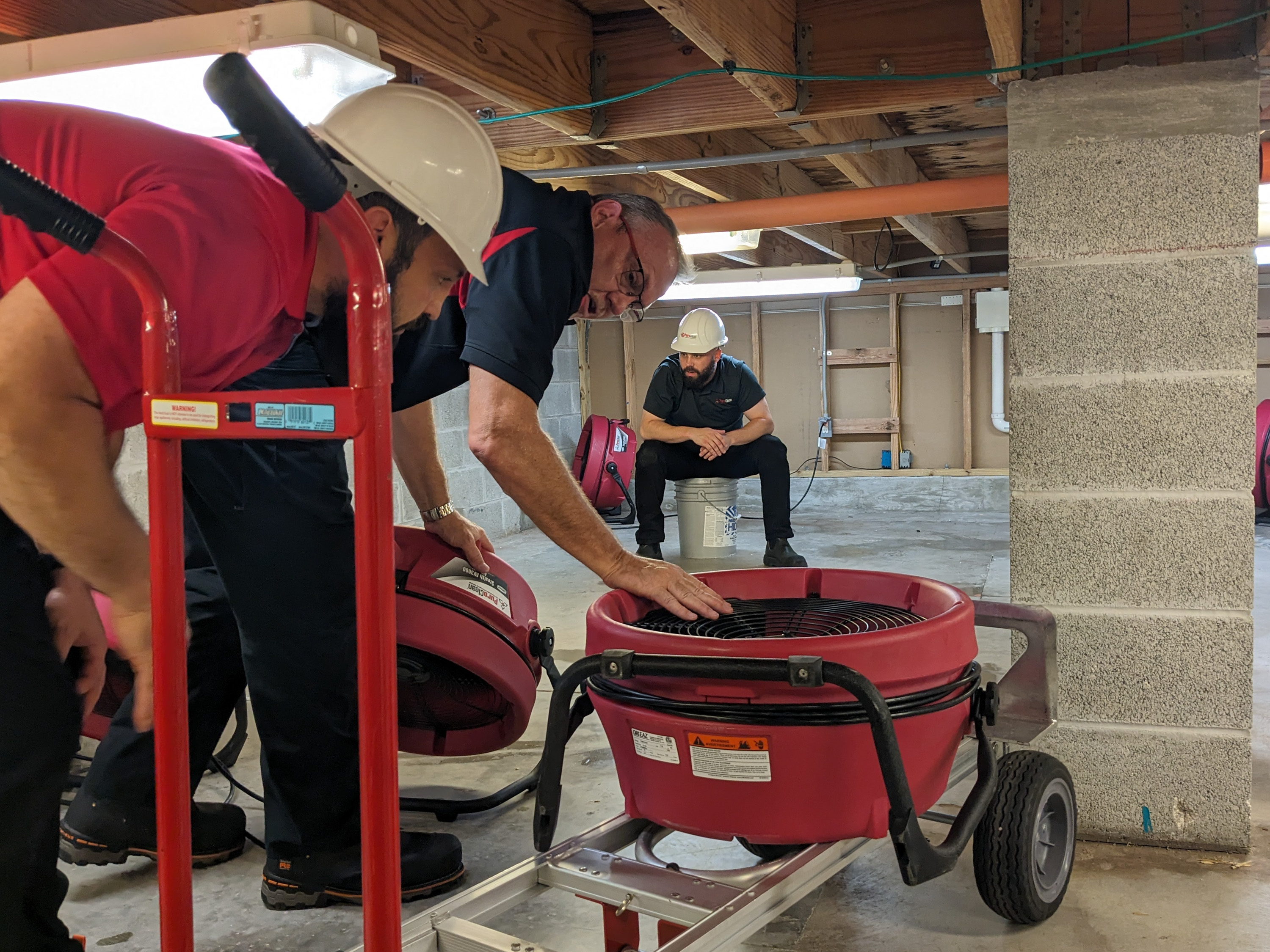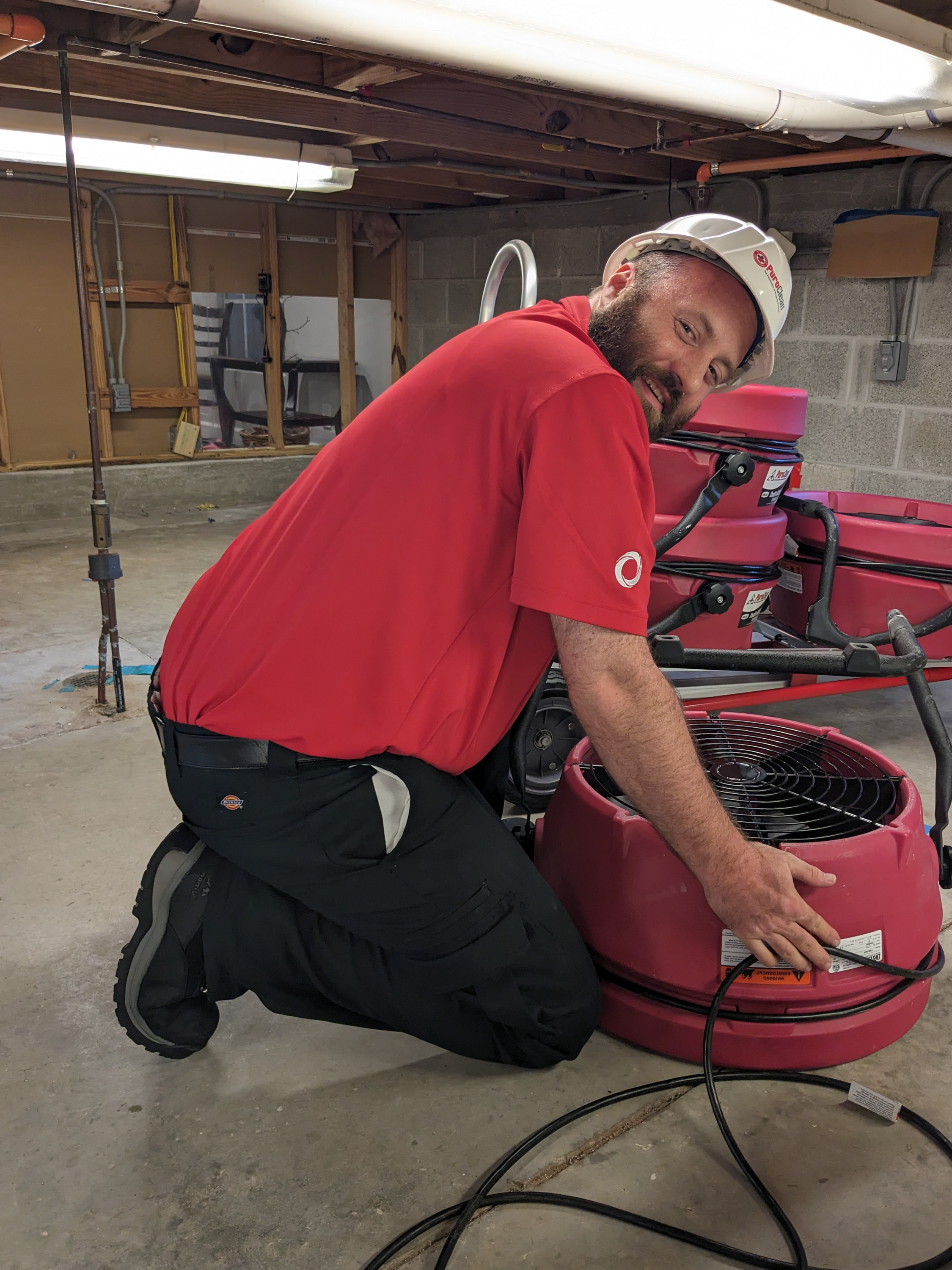

The industry has made significant strides in making various parts of the insurance value chain more sustainable, but it needs a mindset shift when it comes to claims and “can do far better” on sustainability, according to a claims leader at Gore Mutual.
Gore Mutual is the first insurer in Canada to require its restoration contractors to obtain EcoClaim certification, which offers unique training that’s focused on repairing, rather than replacing, materials.
The carrier announced the initiative in late July, saying all its property adjusters were in the process of becoming fully trained and certified in the EcoClaim process.
Claims director for personal and commercial property Vance Somerton (pictured top) spoke to Insurance Business about the move and what it means for Gore Mutual’s adjusters and customers.
“It was interesting, because a lot of the programs we put in place within claims have their genesis within claims,” Somerton said.
“But this initiative came from Gabi [Polanco Sorto, Gore Mutual’s VP and head of purpose and sustainability]. As soon as I saw it, I thought this is absolutely something that we can move forward with.”
EcoClaim has said its certification process helps insurance companies, independent adjusters, and restoration companies increase sustainability while also limiting the environmental impact of their claims process.
Under its certification program, adjusters will be trained to determine how water affects building materials, use proper drying techniques, and know the correct facilities to send recyclables.
Gore Mutual expects to save more than a million pounds of waste annually through the program. But Somerton said the EcoClaim training isn’t a significant departure from the carrier’s claims adjustment process.

c
Image credits to Gore Mutual
“It’s focused on educating the adjusters and ensuring they understand what’s available when it comes to remediation. So, a lot of the technology that we’re employing as part of the program has existed for quite some time,” Somerton said.
“For instance, we’ll use infrared cameras to chase water to understand where it’s gone throughout the home, so we can validate that the home has been appropriately dried.”
Rather than leveraging unfamiliar technologies or techniques, the EcoClaim certification instead calls for change in mindset among claims professionals and across the industry, according to Somerton.
“The biggest change that I think the industry, as a whole, needs to make is understanding that you can’t just dry every loss in three or four days,” he said.
“You need to be able to appropriately map the moisture levels within the home and within the material that is affected. That’s something that we’re now teaching our adjusters to do and to communicate back to the customer.
“That’s the biggest thing. It isn’t so much changing the process for the contractors or even for the adjusters; it’s understanding what’s available, what timelines are reasonable to expect for us to be able to appropriately dry a home, and that not every home is the same.”
Though restoration work could take longer, insurance stakeholders must learn to view the overall cost savings and environmental benefits of a sustainable claims process.
“It could take seven or eight days to get a house dry, and we need to be okay with that. We need to understand that at the end of the day, the environmental impact is well worth it,” Somerton said.
“The material savings that we generate on the backend and the waste diversion are also incredible, and it’s something that we want to push forward with. It really is more of a mindset change for the adjusters more so than revamping the entire claims process.”
For Gore Mutual, the benefits of a more sustainable claims process are clear: quicker and more affordable settlements, better cooperation and alignment with restoration vendor partners, and a reduced environmental impact through recycling opportunities and advanced water remediation methods.
Somerton said early feedback on the EcoClaim certification program has been “incredibly positive.”
“Canadians are climate conscious, so this isn’t something that came out of left field,” he told Insurance Business. “Organizations across all industries are trying to do what they can to help the environment, and realistically, the insurance industry is probably lagging in that respect.
“I think that we can do far better than we have in the past and I’m proud to be part of an organization that allows us to be a leader in that.”
What are your thoughts on Gore Mutual’s partnership with EcoClaim and its move towards sustainable claims? Tell us in the comments.
